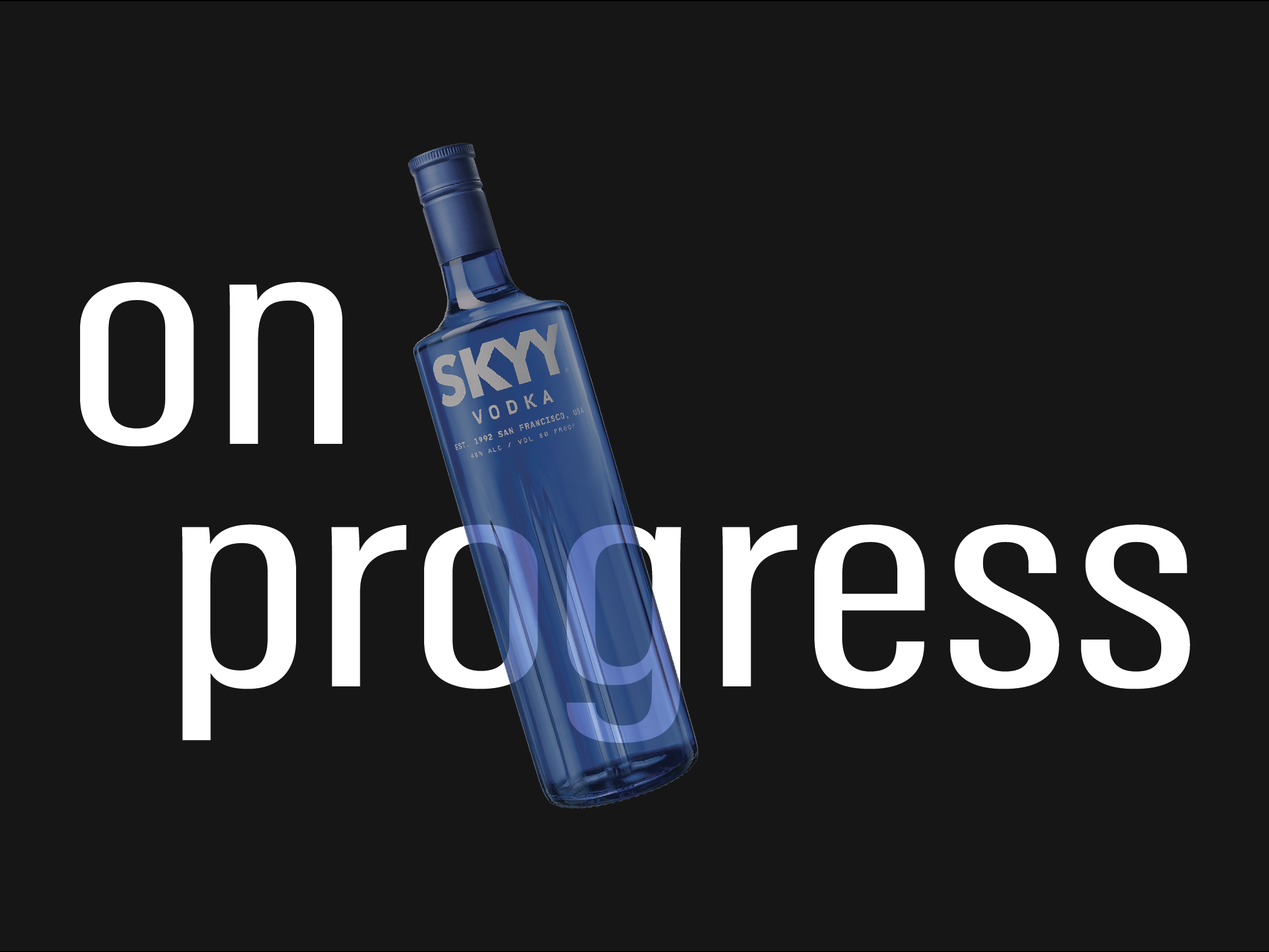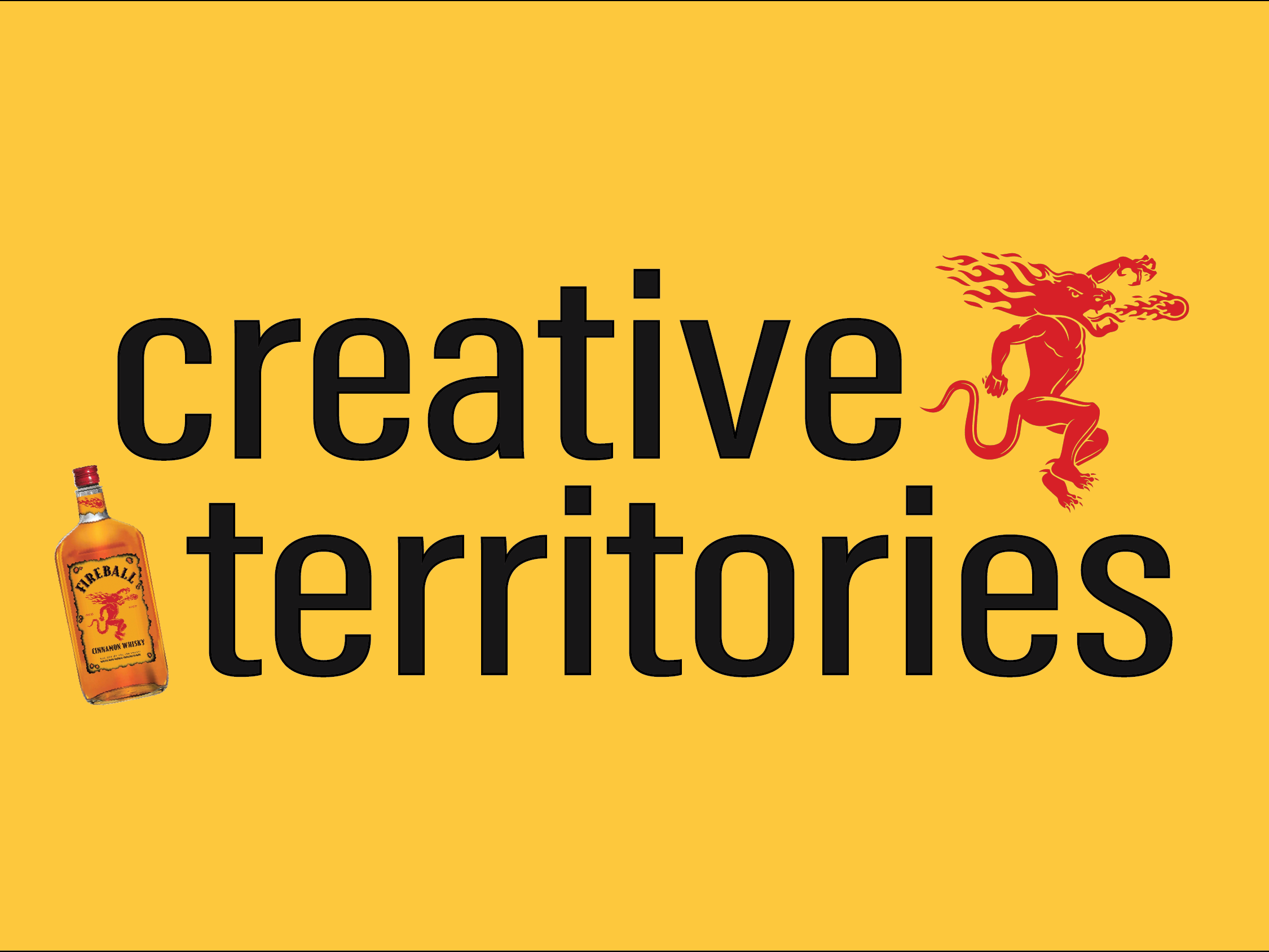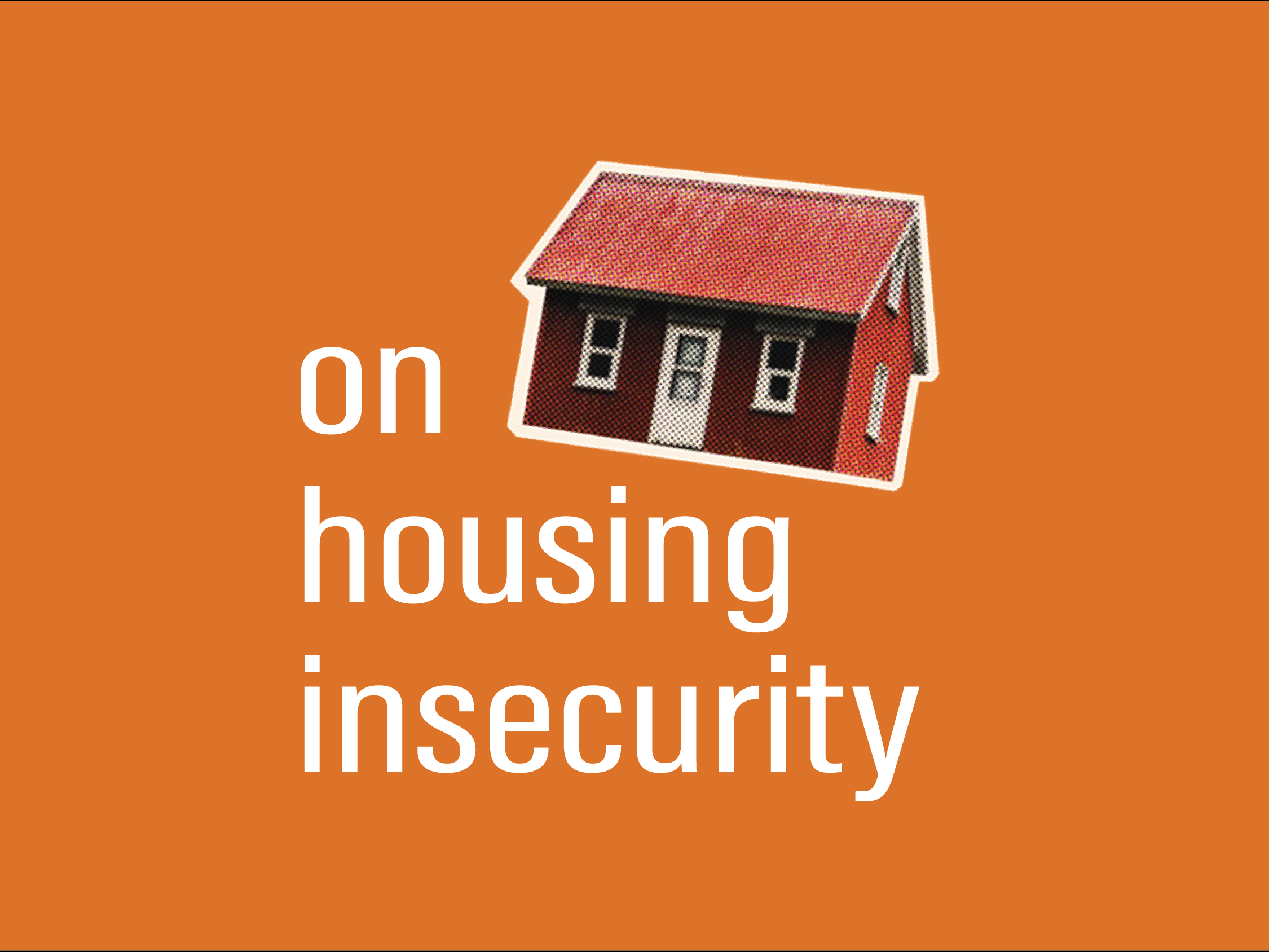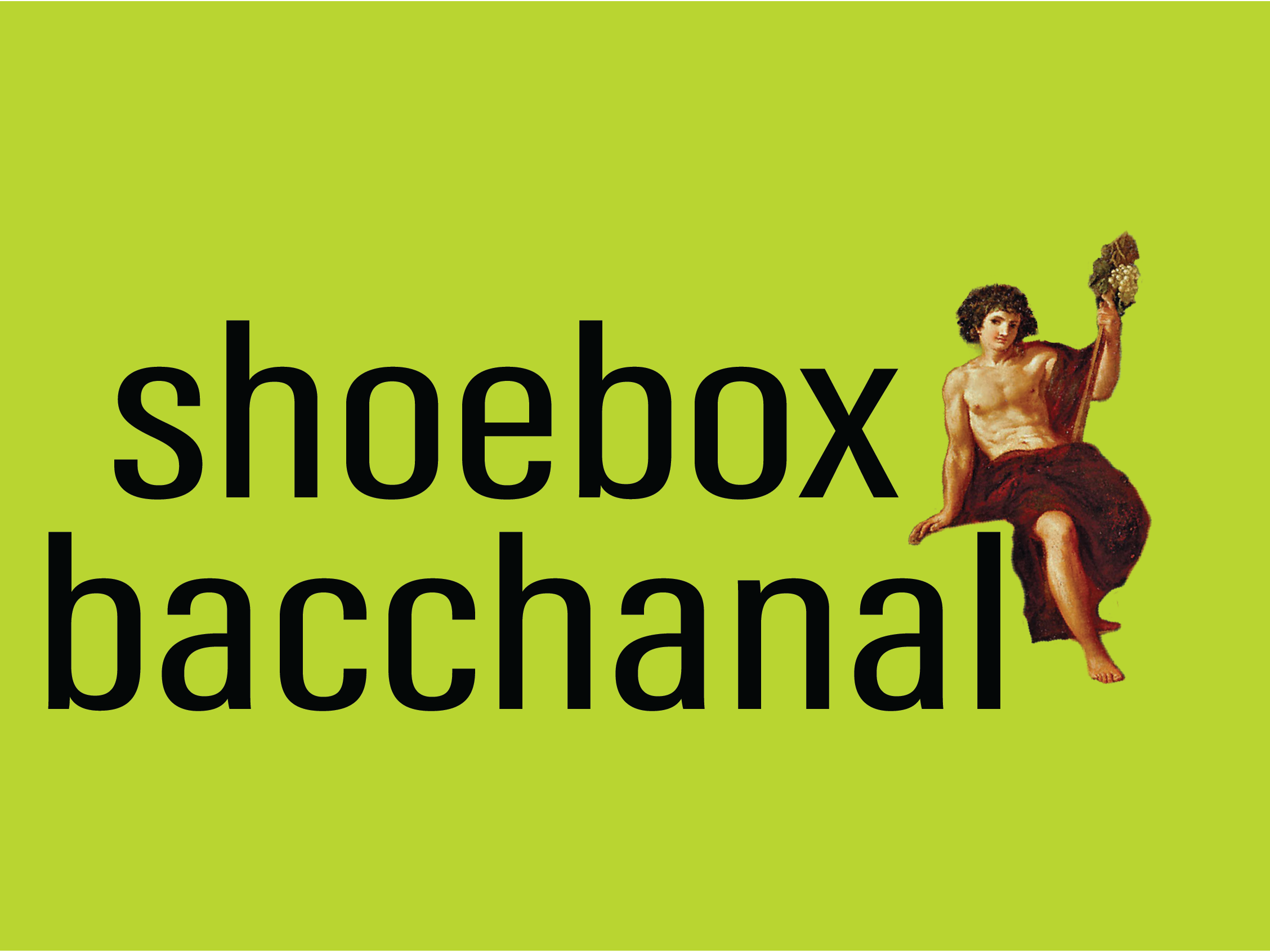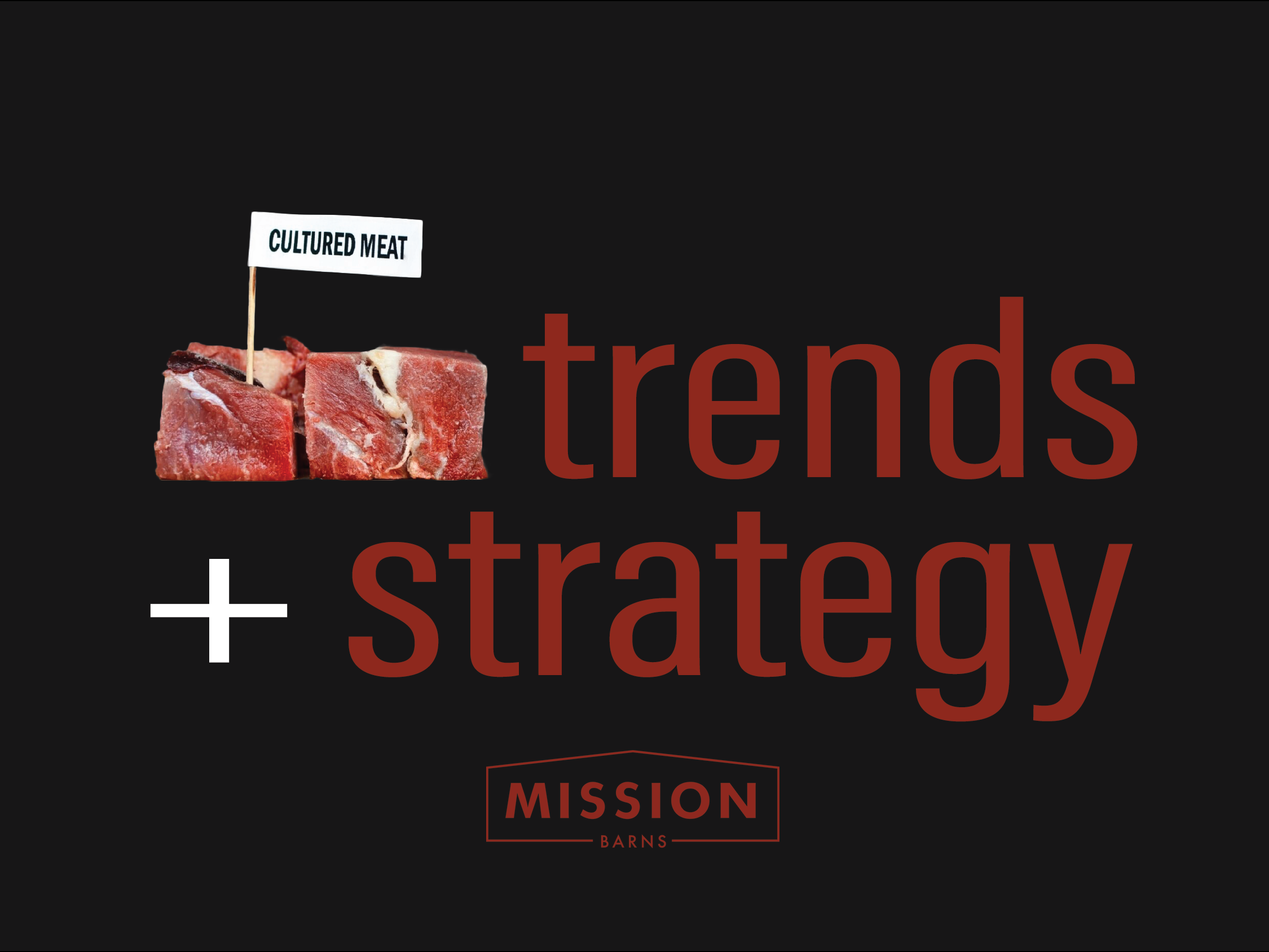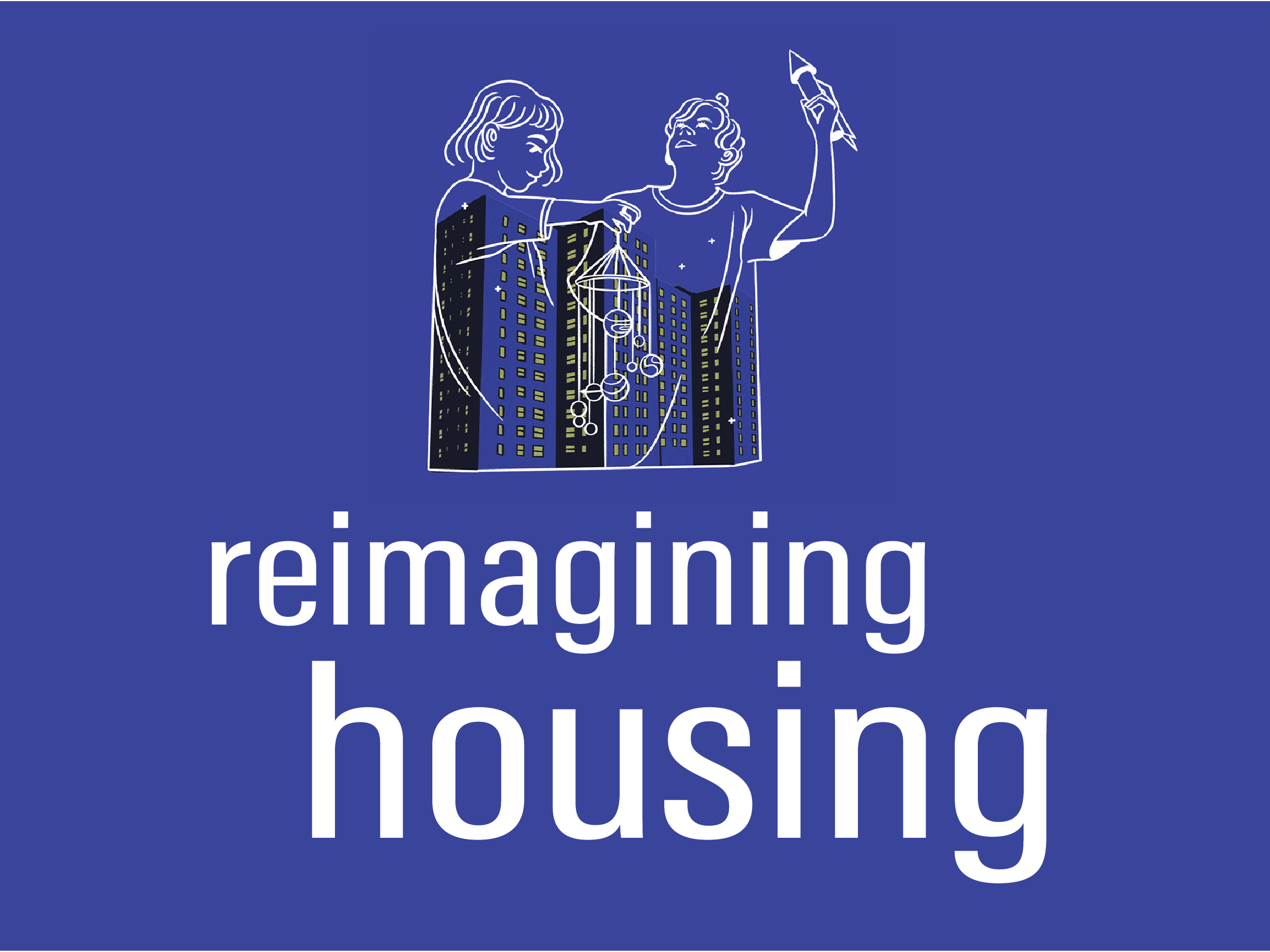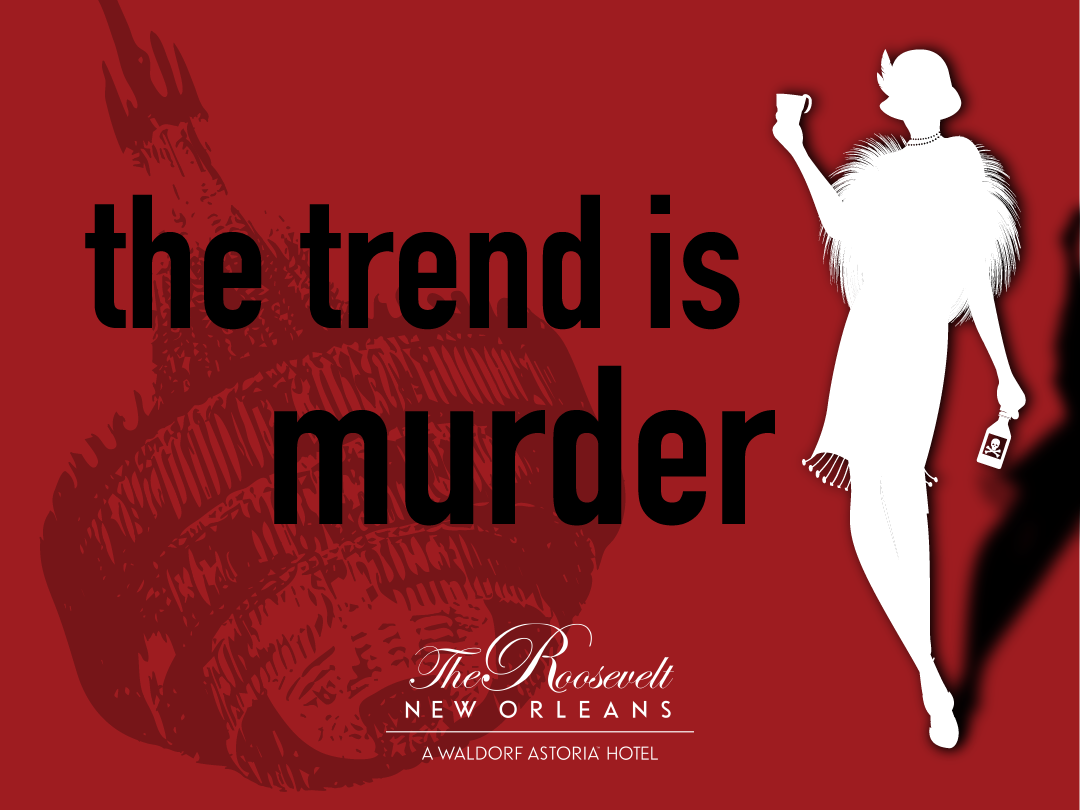Disposal is the graveyard of humanity.
Ah, garbage. Every day, Americans throw away about 728,000 tons of garbage (saveonenergy.com). We know many of our waste practices harm the environment, but we continue to participate in these systems. Why is that? By performing a cultural audit of a few key areas of interest, we were able to better understand why we continue many harmful disposal practices and how we might influence change or improve upon these practices in the future.
The Ask: We sought to explore fictional realities and psychological tensions to analyze the historical and future trajectories of disposal.
The Process: We researched three categories: (1) the concept of "away," (2) our perception of risk and (3) our concepts of time as they apply to disposal and trash.
We first examined the concept of "away." Where do things go when we simply "throw them away?" It may not be simple, but in our minds, away is a fictional place where thing disappear to, no longer our trash, no longer our responsibility.
Our second exploration was into the concept of risk. Why do we, on an individual, community and even national scale, still have poor disposal practices when we know it's harming our planet? Why can't we fully grasp the risk of climate change and the impact of our disposal practices?
Lastly, we explored the concept of time. Could our perceptions and concepts of time have an impact on our concepts of disposal? But wait, are there even multiple ways to think about time anyway? This led our research to the following observations.
Project Team: Jamie Loper, Ricardo Saca, Eugene Hill and Sae Hoon Jang
Partnerships: SVA Masters in Branding Program, The Nucleus Group, InnCreReal
